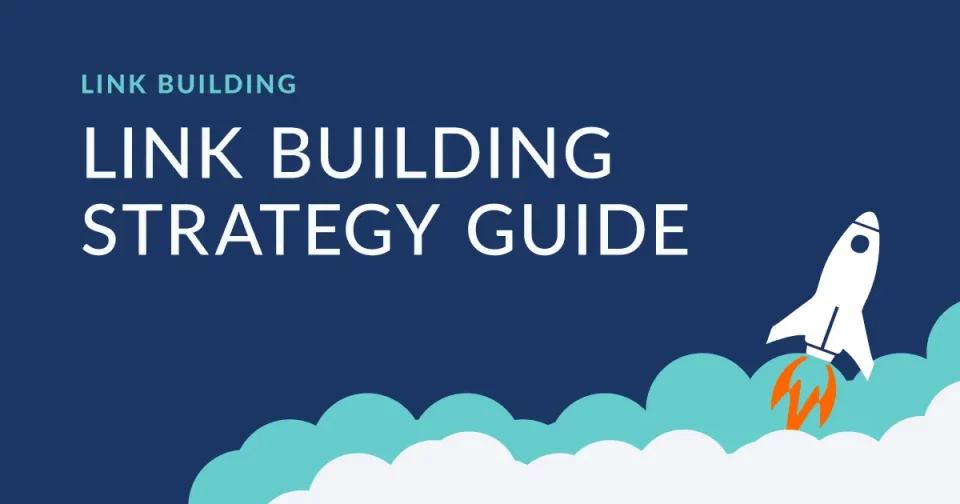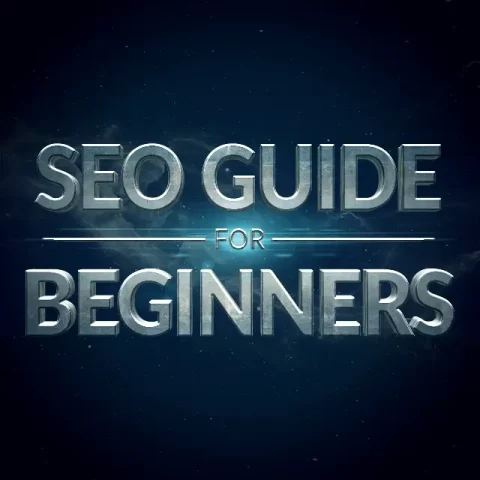
Link building plays an important role in the success of a website. It involves acquiring hyperlinks from other websites to your own, and search engines consider these links as votes of confidence. This article serves as a comprehensive guide to understanding and implementing an effective link building strategy.
Definition and Types of Links
Link building encompasses different types of links, including natural links, manual links, self-created links, and editorial links. Natural links occur organically when other websites find your content valuable and link to it. Manual links involve proactive outreach to other website owners for link placements. Self-created links involve inserting links in directories or forums, while editorial links are those obtained through high-quality content that others choose to link to.
Understanding Link Building
To understand link building, it is essential to grasp concepts such as link equity, anchor text, and relevance. Link equity refers to the value passed from one page to another through hyperlinks, influencing search engine rankings. Anchor text is the visible, clickable text within a hyperlink, and it helps search engines understand the context of the linked page. Relevance plays a crucial role in link building, as links from relevant websites hold more weight in terms of authority and credibility.
The Benefits of Link Building
1. Improved Search Engine Rankings
As mentioned earlier, backlinks are a vital ranking factor for search engines. A well-implemented link building strategy can help boost a website’s visibility in SERPs, allowing it to reach a broader audience and attract organic traffic.
2. Increased Website Traffic
High-quality backlinks drive targeted traffic to a website. When users encounter relevant backlinks on trusted sources, they are more likely to click through and explore the linked website. This increased traffic can lead to higher engagement and conversions.
3. Enhanced Online Visibility
Link building exposes a website to new audiences by leveraging the existing reach and authority of other websites. By securing backlinks from authoritative sources, a website gains exposure to users who may not have discovered it otherwise, increasing its online visibility and expanding its potential customer base.
4. Brand Authority & Credibility
Backlinks from reputable websites help build a website’s brand authority and credibility. When users see well-known sources endorsing a website, it instills confidence and trust. This brand association fosters loyalty and encourages users to engage with the website’s content or offerings.
Link Building Techniques
- Guest Blogging. Writing informative and relevant articles for other websites in your niche, with a backlink to your website, is an effective way to build links and establish your authority.
- Broken Link Building. Identifying broken links on other websites and offering your content as a replacement not only helps the website owner but also earns you a valuable backlink.
- Resource Link Building. Creating valuable and comprehensive resources, such as guides or tools, attracts other websites to link to your content as a helpful resource.
- Skyscraper Technique. This technique involves creating content that is better and more comprehensive than existing similar content, reaching out to websites that linked to the inferior content, and persuading them to link to your improved version.
- Influencer Outreach. Collaborating with influencers or industry experts to create content or obtain endorsements can lead to valuable backlinks and increased visibility.
- Leverage Testimonials. This link building strategy involves reaching out to website admins to secure a backlink by sharing your positive experience as a customer who purchased their product or service. By providing a glowing testimonial, businesses are often eager to showcase it prominently on their website, highlighting your business and including a valuable backlink. Building fruitful relationships with other companies makes this strategy one of the best options for effective link building.
- Online communities. Expanding the variety of backlinks in your profile is a smart move, and online communities provide a great opportunity for this. Engaging with relevant industry forums, Quora, and Reddit can be a powerful way to promote your content and connect with a wider audience. Especially for new websites looking to establish themselves, leveraging these platforms is one of the more effective link building strategies.
- Repurposed Content. When delving into advanced SEO link building strategies, content repurposing stands out as a perfect choice. This powerful technique allows you to take existing content, such as a comprehensive blog post, and transform it into a fresh and engaging format, such as an informative video or visually appealing infographic. By repurposing your content, you can maximize its reach and effectiveness.
Creating a Link Building Strategy
To develop an effective link building strategy, follow these steps:
Step 1: Define Goals and Objectives
Determine what you aim to achieve through link building, such as increasing organic traffic or improving search engine rankings.
Step 2: Identify Target Audience
Understand your target audience’s interests and preferences to create content that appeals to them and attracts relevant websites.
Step 3: Competitive Research
Analyze the link profiles of your competitors to identify opportunities for acquiring similar or better links.
Step 4: Develop a Content Strategy
Create high-quality and valuable content that naturally attracts backlinks from other websites in your niche.
Step 4: Link Outreach and Relationship Building
Proactively reach out to relevant website owners, influencers, and industry leaders to build relationships and secure link placements.
Best Practices for Effective Link Building
Follow these best practices to ensure successful link building:
- Quality over Quantity: Focus on acquiring high-quality backlinks from authoritative websites, as they carry more weight than numerous low-quality links.
- Diversify Anchor Text: Use a variety of anchor text when building links to maintain natural link profiles and avoid over-optimization.
- Relevance and Contextual Links: Seek links from websites that are relevant to your industry or niche, and prioritize contextual links embedded within relevant content.
- Monitor and Remove Bad Links: Regularly monitor your backlink profile using tools like Google Search Console or Ahrefs, and disavow or remove any harmful or spammy links.
- Foster Relationships: Building relationships with website owners and influencers in your niche can lead to natural link opportunities and long-term partnerships.
Link Building Tools and Resources
Several tools can aid in your link building efforts:
- Ahrefs: A comprehensive SEO tool that helps with backlink analysis, keyword research, and competitor research.
- Moz: Provides insights into backlink profiles, keyword research, and on-page optimization.
- SEMrush: Offers a wide range of SEO features, including backlink analysis, keyword tracking, and competitor analysis.
- Majestic: Focuses on backlink analysis and offers a detailed overview of a website’s link profile.
- Buzzstream: A tool that streamlines the process of outreach and relationship building for link acquisition.
Overcoming Challenges in Link Building
Link building comes with its own set of challenges, such as building trust and credibility, earning high-quality backlinks, and avoiding black hat techniques. Building trust requires consistency, transparency, and providing value to your audience. Earning high-quality backlinks involves creating exceptional content and proactively reaching out to relevant websites. Lastly, avoiding black hat techniques, such as buying links or engaging in link schemes, is crucial to maintain a sustainable and long-term link building strategy.
The Future of Link Building
As search algorithms continue to evolve, user experience is becoming increasingly important for successful link building. Search engines aim to provide users with the most relevant and valuable content, so creating a seamless user experience on your website, optimizing for mobile devices, and focusing on user engagement will be critical factors in link building success.
Conclusion
An effective link building strategy is an essential component of any successful SEO campaign. By understanding the types of links, the concepts behind link building, and implementing various techniques, you can improve search engine rankings, increase website traffic, and establish your brand authority. Remember to follow best practices, foster relationships, and adapt to the changing landscape of search algorithms to achieve long-term success.















